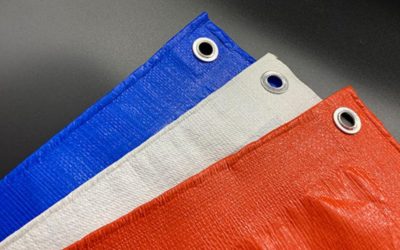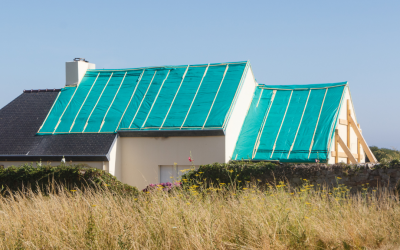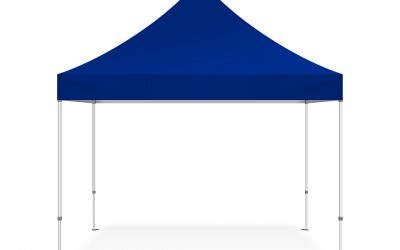Construction, Roofing & Builders Tarp Overview
Tarpaulins, sometimes known as “tarps,” are adaptable, easy to set up, and, depending on the quality of the material used, may endure for a long time.
Today’s market offers a wide range of tarps in various designs, each designed to solve a certain need. Building Tarp and Builders Tarp, for example, are waterproof, automated, mesh, and PVC tarps that may be used for construction sites, hauled on flatbeds, and campers. Due to differences in features and weave patterns, tarps may readily be distinguished.
Polyester, canvas, nylon, polyethylene, and polypropylene are common materials used in traditional tarps. Tarps constructed mostly of polyethylene are more durable, stronger, and waterproof than tarps made of other materials such as canvas. Ground coverings made of nylon and polyethylene mesh tarps are lighter and provide shade while being breathable.
Tarps have been around for a long time and may be made out of a variety of materials including plastic, cotton, polyester, metal, canvas, and nylon. Tarps have gone through many ups and downs over this time period, and they continue to do so now. This has aided in the evolution and changing of tarps.
Types of Different Builders Tarps for Construction
Polyethylene tarps and vinyl tarps are the most common types of tarps used in the construction industry and in do-it-yourself construction projects.
Polyethylene tarps are made by sandwiching many layers of woven mesh fabric between two or more polyethylene sheets, or “sandwiching.” To make the tarp more resistant to the sun’s harmful UV rays, some of these high duty tarps include an extra layer of black polyethylene bonded in the middle.
Polyethylene is inherently resistant to mildew and decay since it is watertight.
Polyethylene tarps are Available in Two Types:
- Low Density Polyethylene (LDPE)
- And high density polyethylene (HDPE)
Although HDPE is more commonly used in commercial construction, LDPE is more popular among do-it-yourselfers because to its low cost, flexibility, and durability.
Vinyl tarps offer many of the same characteristics as polyethylene tarps, but they are more durable and hence more expensive. Vinyl tarps are also waterproof and oil, acid, grease, and mildew resistant.
Because they are very resistant to ripping, polyethylene and vinyl tarps are the ideal construction tarp. Having the correct industrial tarp welding equipment and installing the suitable reinforcements on the tarp may assist guarantee that the tarp lasts a long time.
To aid prevent ripping and tearing, reinforcements can be put around the perimeter of polyethylene and vinyl tarps.
Different Sizes Available With Us
Give our sales staff a call and we’ll be happy to answer any tarpaulin-related questions you may have, from Construction tarp to Builders tarp.
We’d be happy to assist you in finding the ideal tarpaulin for your work and guiding you through the process of selecting the appropriate equipment.
Don’t forget to inquire about our financing alternatives as well as our wholesale discounts, only here at Tarp Hire Australia!
Feature and Quality of Tarp
Canvas, polyester, nylon, polypropylene, and polyethylene are common tarp materials.
Each substance has its own set of advantages and disadvantages. Polyethylene, for example, is a more water-resistant or waterproof tarp than canvas or nylon. Polyethylene tarps are also often stronger and more durable than other tarpaulins.
We, at Tarp Hire Australia, primarily sell heavy-duty poly tarps, nylon ground covers/drop cloths, polyethylene mesh tarps, and other commercial-grade tarpaulins.
The great majority of our customers operate in construction projects, and they want tarpaulins that are sturdy, durable, and dependable.
Benefits of Using Builders Floor Sheet
Builders floor sheets serve as a waterproof barrier, preventing water damage to the ceiling and other property beneath the work area while also protecting the freshly placed floor from harm during the roofing process.
Our floor sheets are made of high-density polyethylene that has been coated with a specific mix. It’s a robust, adaptable fabric that’s resistant to UV, water, and moisture, as well as rip and tensile strength and abrasion.





